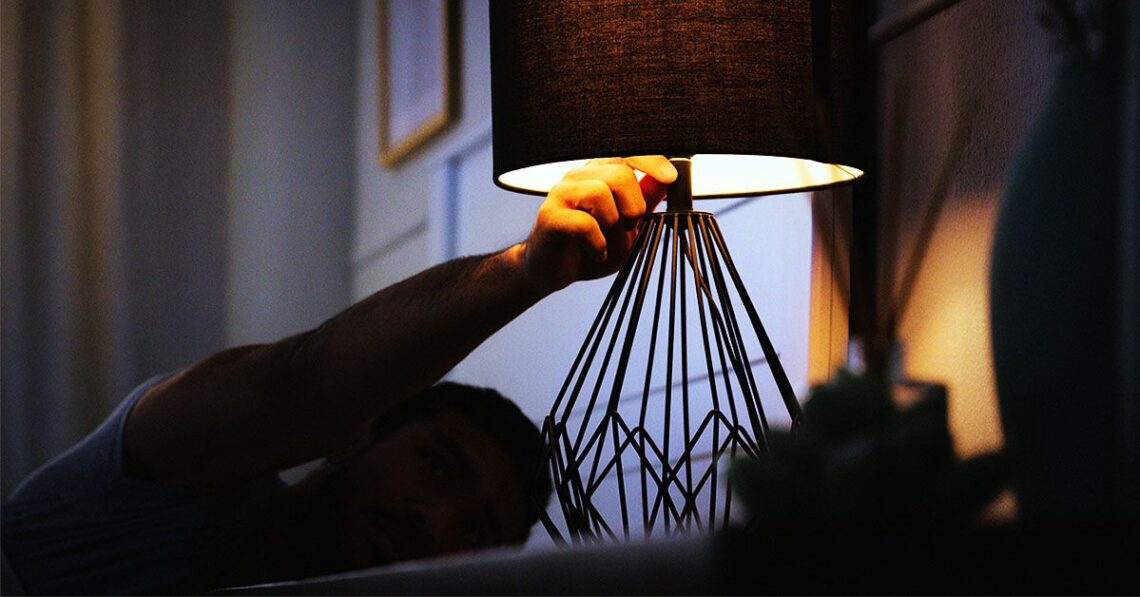- Recently much research has focused on exposure to bright light at night and its potential negative impact on health.
- Numerous studies have found a possible link between exposure to nighttime light and diabetes risk.
- Researchers from Flinders University further confirm a possible correlation between bright light exposure at night and a higher risk of developing type 2 diabetes.
- Scientists believe that avoiding bright light at night may be a cheap and easy way to possibly delay or prevent the development of type 2 diabetes.
Over the last few years, research has shown that exposure to bright light at night has the potential to affect a person’s health negatively.
For example, numerous studies have examined the potential link between exposure to nighttime light and diabetes risk. A study published in November 2022 found that exposure to outdoor artificial light at night may increase a person’s risk of developing diabetes. Meanwhile, research published in March 2023 indicated that exposure to any type of light while sleeping can heighten a person’s risk for diabetes, obesity, and high blood pressure in those of older age.
Now, researchers from Flinders University in Australia further confirm a possible correlation between bright light exposure at night and a higher risk of developing type 2 diabetes.
In a study recently published in the journal
For this study, researchers analyzed medical data from almost 85,000 people throughout the U.K. Biobank who did not already have a type 2 diabetes diagnosis. Study participants each wore a light sensor on their dominant wrist for one week that recorded their light exposure both during the day and at night.
“Light is an easily modifiable environmental factor, which has underappreciated effects on human health,” Andrew Phillips, PhD,…
Read the full article here







